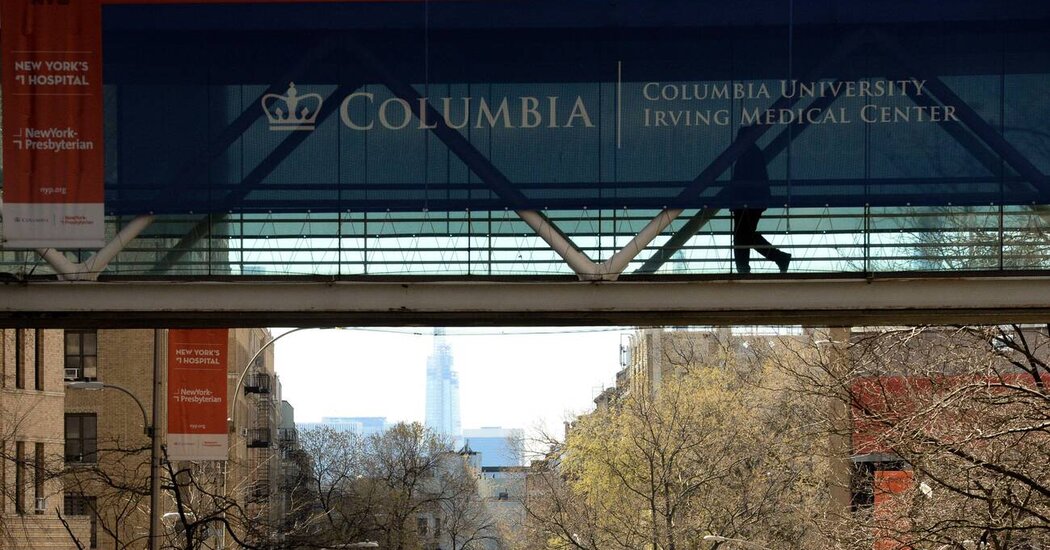
The stomach cancer study was shot through with suspicious data. Identical constellations of cells were said to depict separate experiments on wholly different biological lineages. Photos of tumor-stricken mice, used to show that a drug reduced cancer growth, had been featured in two previous papers describing other treatments.
Problems with the study were severe enough that its publisher, after finding that the paper violated ethics guidelines, formally withdrew it within a few months of its publication in 2021. The study was then wiped from the internet, leaving behind a barren web page that said nothing about the reasons for its removal.
As it turned out, the flawed study was part of a pattern. Since 2008, two of its authors — Dr. Sam S. Yoon, chief of a cancer surgery division at Columbia University’s medical center, and a more junior cancer biologist — have collaborated with a rotating cast of researchers on a combined 26 articles that a British scientific sleuth has publicly flagged for containing suspect data. A medical journal retracted one of them this month after inquiries from The New York Times.
Memorial Sloan Kettering Cancer Center, where Dr. Yoon worked when much of the research was done, is now investigating the studies. Columbia’s medical center declined to comment on specific allegations, saying only that it reviews “any concerns about scientific integrity brought to our attention.”
Dr. Yoon, who has said his research could lead to better cancer treatments, did not answer repeated questions. Attempts to speak to the other researcher, Changhwan Yoon, an associate research scientist at Columbia, were also unsuccessful.
